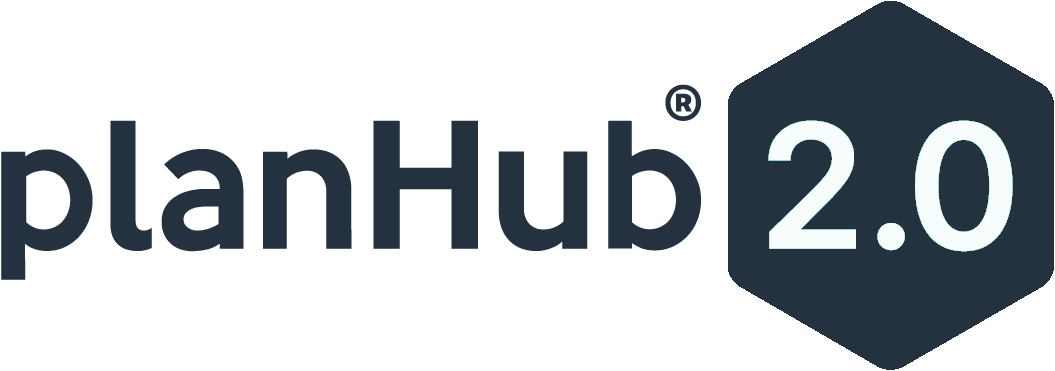Rework is work that must be removed and redone due to mistakes in installation or materials. It has a myriad of causes, as we’ll soon see, and can be quite expensive for both contractors and project owners. Reducing rework in construction has the potential to increase contractor profitability and reduce owner costs, both good things for the industry. But how can designers and contractors reduce the cost of rework? Turns out there’s a lot they can do to reduce the impact of these mistakes.
What Is Rework In Construction?
In the context of construction, “rework” refers to the process of making corrections or alterations to work that has already been completed. Rework can occur for various reasons, including design changes, errors or defects in the original construction, changes in client requirements, or modifications needed to meet regulatory standards.
Rework can involve tearing down and rebuilding a portion of a structure or making adjustments to previously installed components. It often requires additional time, labor, and materials, and it can impact the overall schedule and budget of a construction project.
Efforts to minimize rework are crucial in construction management to ensure that projects are completed efficiently and within budget. Adequate planning, effective communication, and thorough quality control measures can help reduce the likelihood of rework in construction projects.
Causes of Construction Rework
There are many causes of construction rework, with the biggest being design changes, errors, and omissions. Here are some of the rest:
- Incomplete design or drawings/specifications
- Ordering the wrong materials
- Manufacturer and supply chain delays
- Lack of skill and training
- Lack of experienced supervision
- Poor communication
- Bad project data
- Adversarial relationships among project team members
- Don’t have the information required to make good decisions
- No standardized systems or processes
- Rushing work to try to stay on schedule
Not addressing these issues is costly, as we’ll see in the next section.
Causes of Construction Rework In Design Phase
- Poor structural design: The project’s initial design does not work or meet government regulations.
- Design errors: Errors and omissions within the design can then lead to changes mid-project which require rework.
- Design changes:Changes in project requirements, client preferences, or regulatory standards may necessitate modifications to the initial design, leading to rework.
Coordination and Project Management Causes of Construction Rework
Coordination and project management play critical roles in preventing construction rework. However, when these aspects are not handled effectively, they can become sources of rework. Here are some causes related to coordination and project management that may lead to construction rework:
Poor CommunicationInadequate communication among project stakeholders, including architects, engineers, contractors, and subcontractors, can lead to misunderstandings and errors. Unclear instructions or failure to convey design changes can result in rework.
Incomplete or Inaccurate DocumentationInsufficient or inaccurate project documentation, including plans, specifications, and other project details, can lead to misunderstandings and errors during construction, requiring corrections and rework.
Inadequate Project PlanningPoorly developed project plans, schedules, and timelines can lead to rushed decision-making, errors, and oversights, contributing to the need for rework.
Lack of Coordination Among DisciplinesFailure to coordinate effectively among different design and construction disciplines (architectural, structural, electrical, etc.) can result in clashes or conflicts that require adjustments and rework.
Scope Changes and Scope CreepChanges in project scope or uncontrolled scope creep can impact the original plans and specifications, leading to rework to accommodate new requirements.
How Much Does Construction Rework Add Up To?
The cost of rework in the construction industry in the United States is more than $177 billion annually. Some estimates say that up to 30% of construction work is really rework.
Rework costs construction companies in many ways:
- Schedule delays – Rework can impact production, creating as much as a 300% loss in crew productivity.
- Added costs – The total cost of rework is estimated at 4-9% of a project’s overall cost.
- Legal claims – Claims and lawsuits based on schedule delays and budget overages can significantly affect a business’s bottom line, costing everyone more time and money.
- Liquidated damages – Delays can cost contractors profits when penalties are enforced for not completing the project on time.
- Reputation – Although difficult to quantify, contractors may lose future work if they continue to have problems with excessive rework.
When you see how much rework costs construction teams, it’s clear that it’s imperative to do whatever we can to reduce or prevent it. But how do project teams reduce rework? It involves working together collaboratively and ensuring that a quality work product is created at every phase of the project.
How To Reduce Rework In Construction Projects
Reducing rework in construction projects requires a combination of proactive measures, effective communication, and meticulous planning.
10 Ways to reduce construction rework
1. Use digital solutionsDespite recent technological advances, many design and construction companies are still using outdated, manual processes for communicating and sharing files and information. Tools like spreadsheets and email correspondence are hard to track and can lead to errors and mistakes being made caused by miscommunication.
Teams that use digital solutions, like cloud-based project management software, are able to share information instantly, providing a real-time resource for all team members, even those in the field. These tools provide one source of information that is accessible from anywhere with an internet connection, and provide real time data as needed.
2. Invest in integrated designIntegrated design involves selecting all construction team members early in the design process, allowing everyone to have a voice in how the project is designed and built. Having contractors on the design team allows for increased collaboration, along with more accurate constructability, budget, and scheduling reviews. These early reviews allow the team to address issues early in the process and help ensure that the design work product is complete.
3. Spend more in preconstructionSpending more time and money in preconstruction can help improve the quality of the design, helping to avoid costly mistakes and omissions. Technology and software can be combined to connect workflows and streamline processes during this phase of the project. In addition, spending more time on the design can help ensure greater accuracy, both in the design and budget for the project.
4. Use quality subcontractorsGeneral contractors should focus more on prequalifying their subcontractors, rather than just choosing them based on the lowest price. Reviewing a subcontractor’s financial position, safety record, and checking their references can help general contractors select trade contractors that provide quality work and help maintain project schedules by providing adequate manpower to complete their work within the desired timeline.
Having said this, general contractors also need to develop a risk mitigation plan in case a subcontractor cannot complete their work or they continually perform sub-standard work. The plan should include when to act to replace a subcontractor and how the additional costs will be covered.
5. Employ BIM during the design process, and beyondBuilding information modeling (BIM) can be used to great benefit during the design process. It helps the design team collaborate to develop both the overall design of the project and the schedule, ensuring that there aren’t any clashes, missing information, or unforeseen delays.
In addition to using BIM in design, it’s use should be continued throughout the project to help contractor teams coordinate their work, update the schedule, and avoid as much rework as possible.
6. Improve field-office communicationWhen it comes to communication on a project, the connection between a contractor’s office and field personnel cannot be ignored. When teams are relying on paper-based systems to communicate key information about the project, details are often lost, delayed, or just not communicated due to the struggle to get the information where it needs to go.
Cloud-based software can help both the office and the field stay up to date on the latest design and budget changes. It provides one source of information for everyone, is accessible, and helps ensure everyone is getting the information they need in real time.
7. Set standards for work and processesProject teams need quality and timeliness standards for communications, processes, workflows, and quality assurance and control. When these processes aren’t organized, information gets lost, leading to added work and worker frustration. Clear standards lead to better communication and help ensure that everyone is on the same page.
8. Invest in employee developmentLack of skills and knowledge can lead to mistakes, which cost time and money to fix. Investing in employee development can help grow workers’ skills and reduce mistakes, leading to less rework and reduced construction costs.
9. Constructability reviewA constructability review involves construction professionals reviewing a project’s design to determine how easily it can be built. Professionals with experience in construction means and methods and scheduling bring real world knowledge to the planning of a project, looking for ambiguities, missing information, or contradictions in the design documents. This review and the feedback created can help improve the quality of the design, reducing the need for rework.
10. In-depth project planningThe value of project planning cannot be overstated when it comes to preventing rework. When contractors are on board right from the beginning, they can provide valued insight into the project’s budget and schedule that can help everyone plan better. And the sooner they’re on board, the more time they have to develop an effective response when problems arise. Tools like BIM and project management software can provide significant support for project teams who want to be proactive in their approach to these issues.
In conclusion, mitigating construction rework is a multifaceted challenge that demands a proactive and collaborative approach. By implementing the aforementioned strategies, construction projects can significantly minimize the risk of rework, leading to improved efficiency, cost-effectiveness, and overall project success. The foundation of success lies in comprehensive planning, effective communication, and a commitment to continuous improvement. As the construction industry embraces these best practices, it not only enhances the quality of project delivery but also fosters a culture of innovation and excellence. Remember, the journey to reduce rework begins with a commitment to excellence and a willingness to embrace change, ultimately paving the way for a more resilient and successful construction process.
About PlanHub:
PlanHub is a leading provider of comprehensive bid management solutions for the construction industry. Our platform simplifies and streamlines the bidding process, connecting subcontractors and general contractors to facilitate collaboration and drive project success. With a commitment
to innovation and empowering our users, we continue to revolutionize the construction industry with cutting-edge features and a user-friendly experience.




